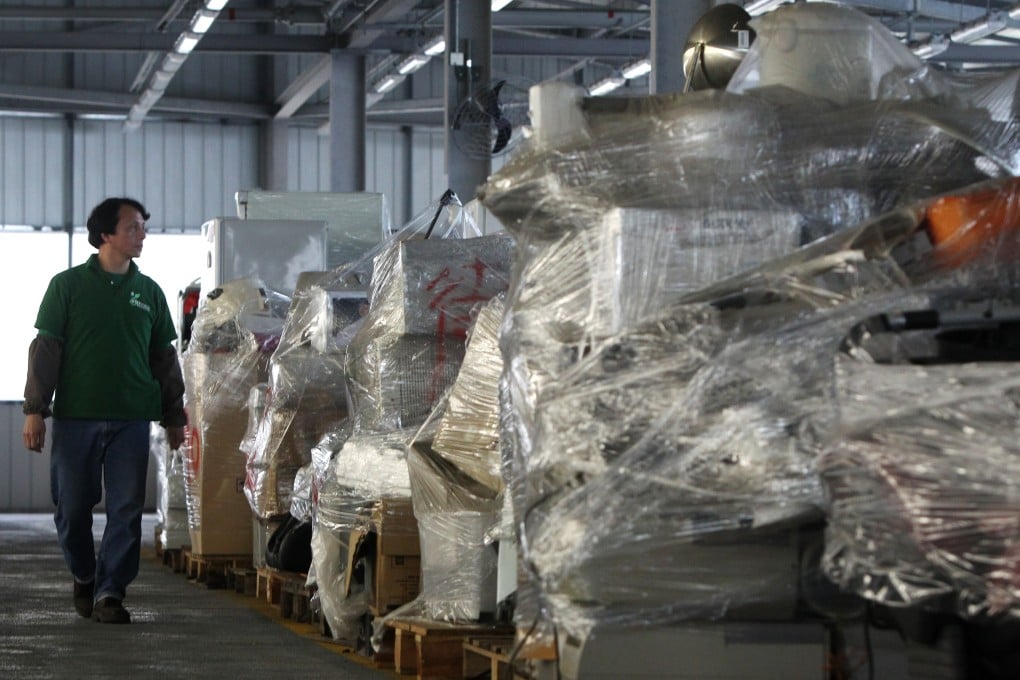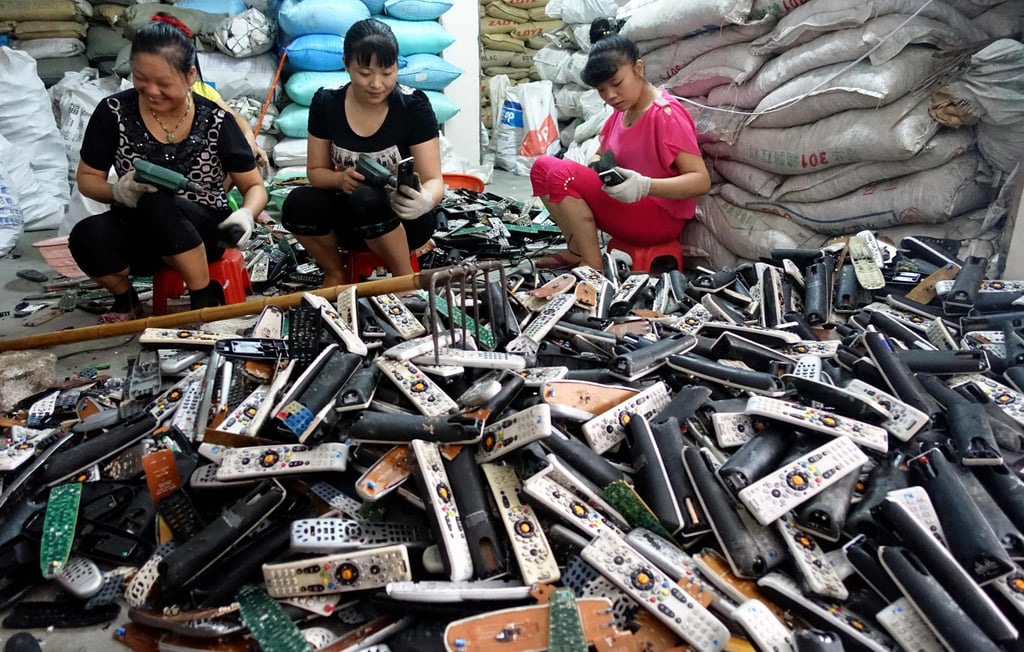Some chip-starved manufacturers are scavenging silicon from washing machines, as global shortage shows no sign of easing
- Tesla said production remains hampered by shortages and elevated prices for key parts, while Volkswagen warned to expect negative effects from chip scarcity
- Toyota Motor trimmed its output target by about 100,000 units for this year on insufficient semiconductor supply

ASML Holding’s Chief Executive Officer Peter Wennink remarked on the situation, without naming the conglomerate, during his company’s earnings call Wednesday. The beleaguered firm relayed its struggle to him only the prior week, he said, signalling that chip shortages are going to persist for the foreseeable future, at least for some sectors.
Even major chip equipment makers including US-based Lam Research are struggling to get enough components to fulfil orders, potentially making it more difficult for semiconductor fabs to significantly increase their capacity in the near term.

“On the demand side, the entire environment remains very strong, while continued supply-related delays could potentially limit how much wafer fabrication equipment investment can be executed in 2022,” Lam’s CEO Tim Archer said on an earnings call on Wednesday.